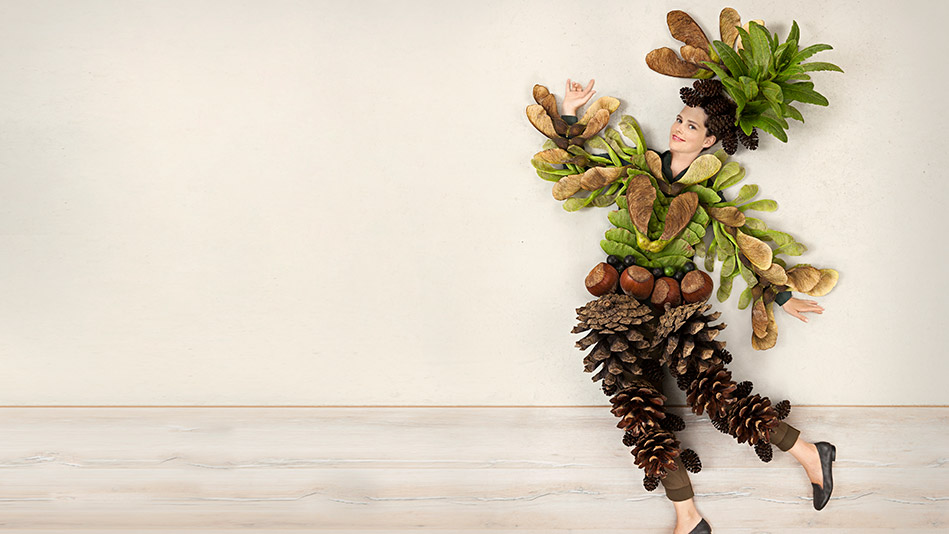Why You Should Be in Awe of Your Flaws
Tiphanie Yanique sings the praises of our perfectly imperfect bodies—warts, moles, freckles, scars, cowlicks, crooked noses, gap teeth and all.

Photo: Jan Von Holleben
I have a mole beneath my right breast. It's been there since before I had breasts—since I was born, in fact. I wish it were a pretty, flat thing, especially given its potentially sexy location. But it's rounded and raised, unmissable and frank, an inelegant spot interrupting the smooth skin that surrounds it. When I was pregnant with my daughter, my breasts were so large I could no longer see my mole. I almost missed it.
My grandmother's mole was beneath her eye. Hers wasn't pretty either. Her glasses sometimes rested on it—a strange image—but when people mentioned removing it, she just shrugged and smiled. My daughter's mole is on the ring finger of her left hand, like a wedding band.
These aren't beauty marks, like a freckle located suggestively above the lip. Ours are ungainly. Maybe there's a meaning to them. If so, I don't know the meaning.
But I do know that these marks—and yours, and everyone's—signify us being us. If I ever have amnesia and can't identify myself, this mole might remind me that I was me. I've come to treasure it. The mole is intimate in its placement, like a secret I have. It's unique to me even as it binds me to the women in my family. In some ways, this is true of all of us: We are each of us singular, and so in our shared singularity we are the same. And that meaning is good enough for me.
My grandmother's mole was beneath her eye. Hers wasn't pretty either. Her glasses sometimes rested on it—a strange image—but when people mentioned removing it, she just shrugged and smiled. My daughter's mole is on the ring finger of her left hand, like a wedding band.
These aren't beauty marks, like a freckle located suggestively above the lip. Ours are ungainly. Maybe there's a meaning to them. If so, I don't know the meaning.
But I do know that these marks—and yours, and everyone's—signify us being us. If I ever have amnesia and can't identify myself, this mole might remind me that I was me. I've come to treasure it. The mole is intimate in its placement, like a secret I have. It's unique to me even as it binds me to the women in my family. In some ways, this is true of all of us: We are each of us singular, and so in our shared singularity we are the same. And that meaning is good enough for me.



